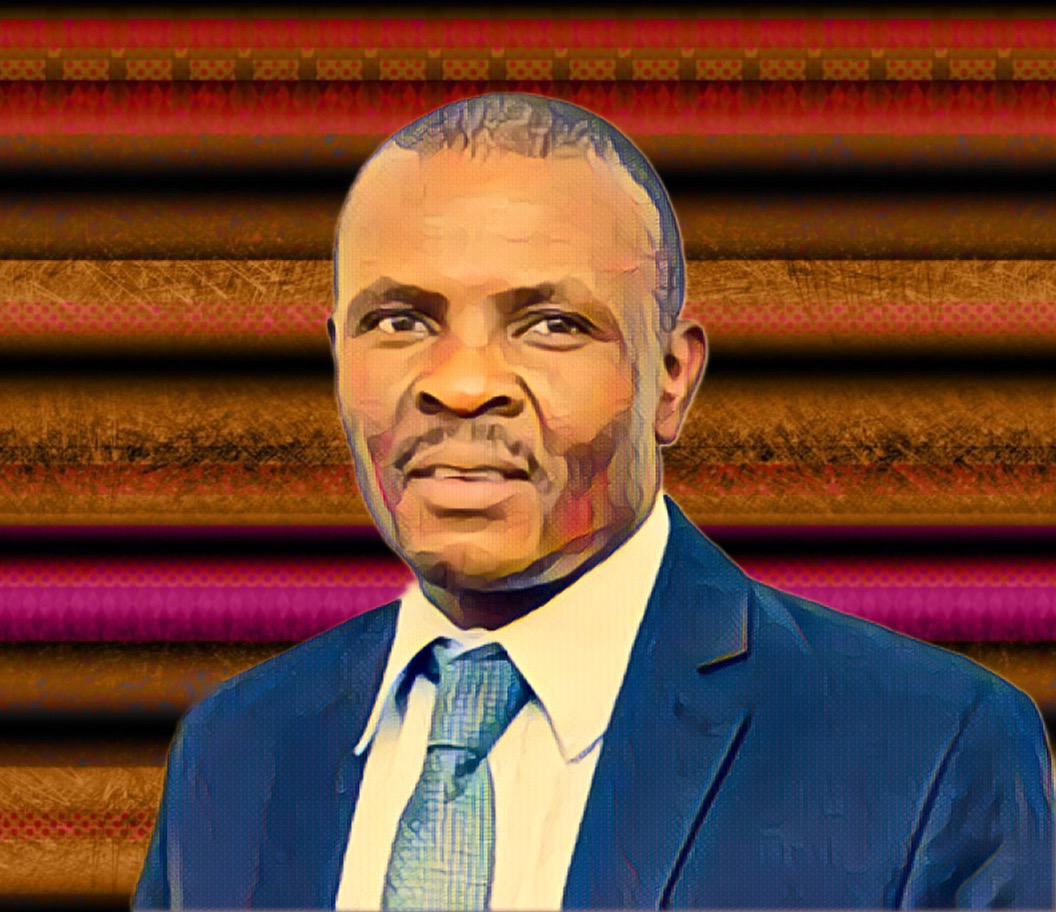President Emmerson Mnangagwa has reinstated Simelisizwe Sibanda as the Deputy Minister of Higher and Tertiary Education. Sibanda was previously dismissed after a recording surfaced of him harshly criticizing a Shona-speaking teacher in Matebeleland South.
Controversial Incident and Subsequent Apology
The incident occurred when Sibanda, in a secret recording, berated Winnet Mharadze, an Early Childhood Development (ECD) teacher, for not speaking isiNdebele, a requirement for her position. He demanded that the school head transfer her immediately. Moreover, the recording’s release caused public outrage, leading to Sibanda’s dismissal by President Mnangagwa, who responded to the outcry by emphasizing the importance of handling such matters with more sensitivity.
Following his dismissal, Sibanda issued a public apology, expressing regret for his actions and acknowledging his misstep. His apology and commitment to avoid similar behavior in the future led to reconsideration of his case by the government.
In an official communication, the government announced that Sibanda had been pardoned and reappointed to his former position. Furthermore, the statement, signed by Chief Secretary to the President and Cabinet Martin Rushwaya, explained that the decision followed Sibanda’s representations, profuse apologies, and commitments to refrain from similar misdemeanors.
“Following representations, profuse apologies, and undertakings to refrain from similar misdemeanors in future, His Excellency the President, Cde. Dr. Emmerson Dambudzo Mnangagwa has decided that Hon. Simelisizwe Sibanda be pardoned,” the statement read. “Accordingly, His Excellency the President, Cde. Dr. Emmerson Dambudzo Mnangagwa has in terms of subsection 2 of Section 104 of the Constitution of Zimbabwe, appointed Hon. Simelisizwe Sibanda M.P. as the Deputy Minister of Higher and Tertiary Education, Innovation, Science and Technology Development. The appointment is with immediate effect.”
Implications and Public Response
The decision to reinstate Sibanda has been met with mixed reactions. Supporters argue that his apology and the President’s pardon demonstrate a fair and forgiving leadership approach, while critics believe that the original incident reflects deeper issues of tribalism and discrimination that need addressing.
This reinstatement comes at a critical time for Mnangagwa’s administration, which faces numerous challenges, including economic reforms and social tensions. Moreover, by bringing Sibanda back into the fold, the President may be aiming to stabilize his government and maintain continuity in the Ministry of Higher and Tertiary Education.
Sibanda’s return to his role will be closely watched by the public and political analysts alike, as it could set a precedent for how similar incidents are handled in the future. The focus will likely be on his actions moving forward and whether he can fulfill his commitments to act differently.
Source: New Zimbabwe


